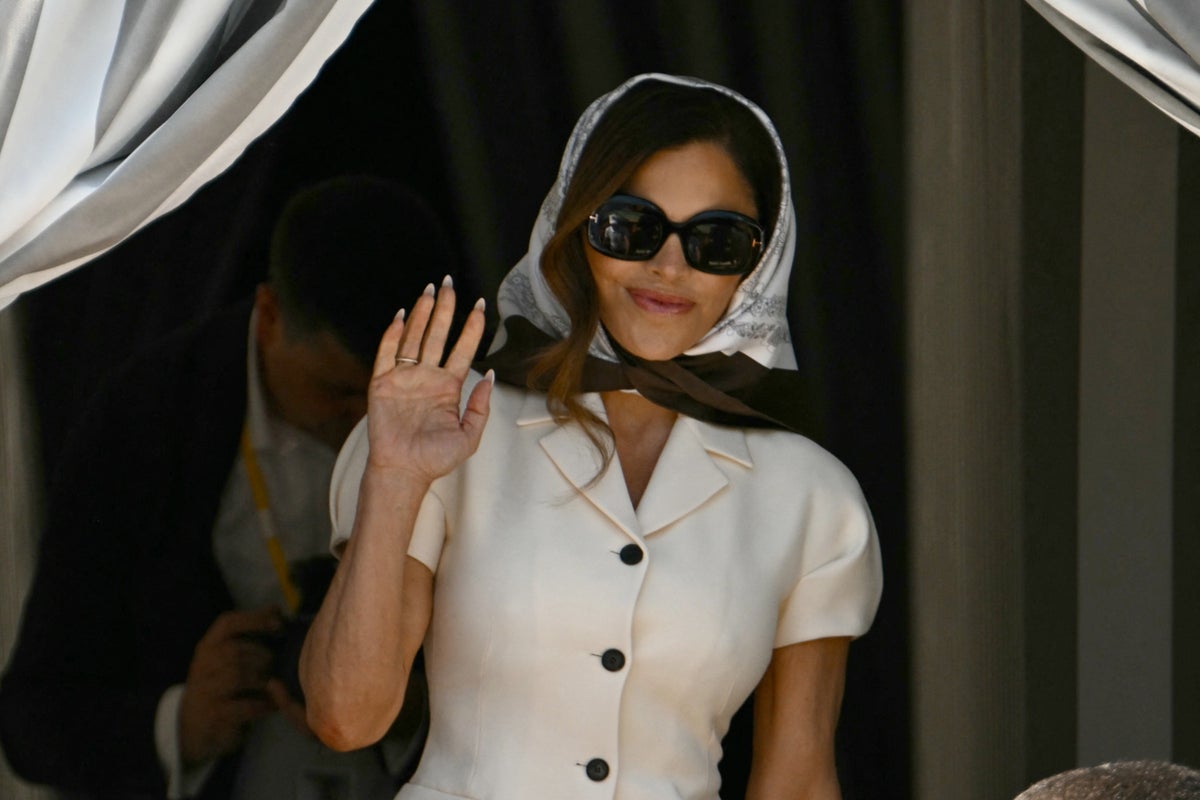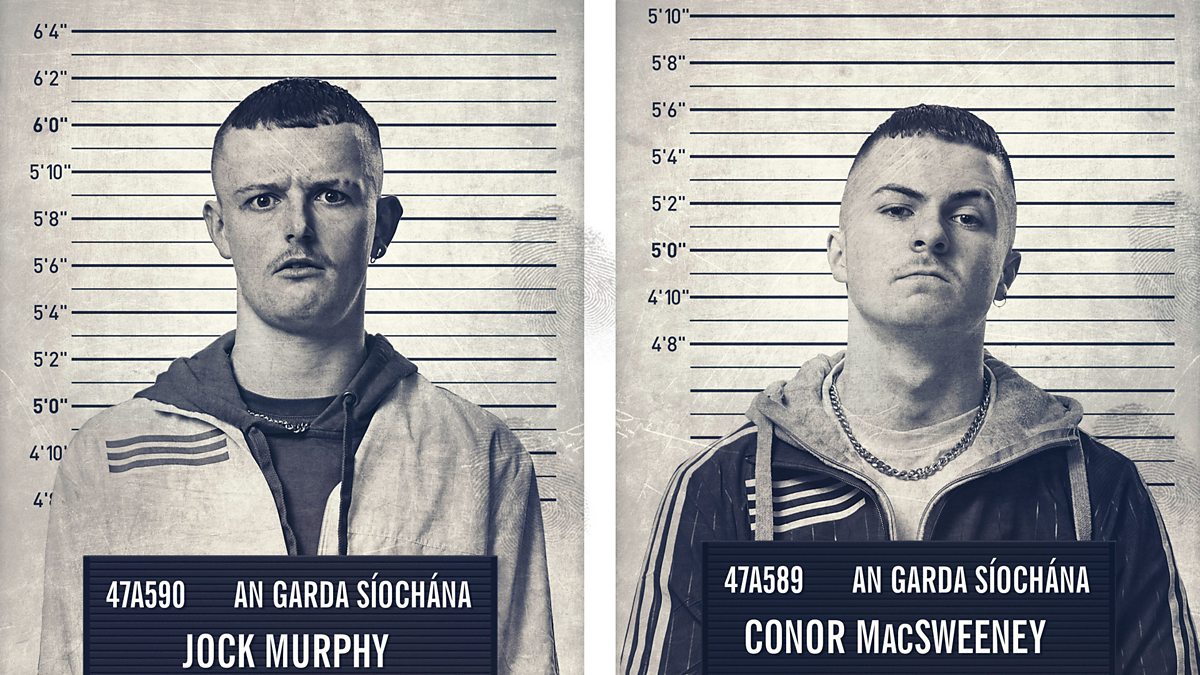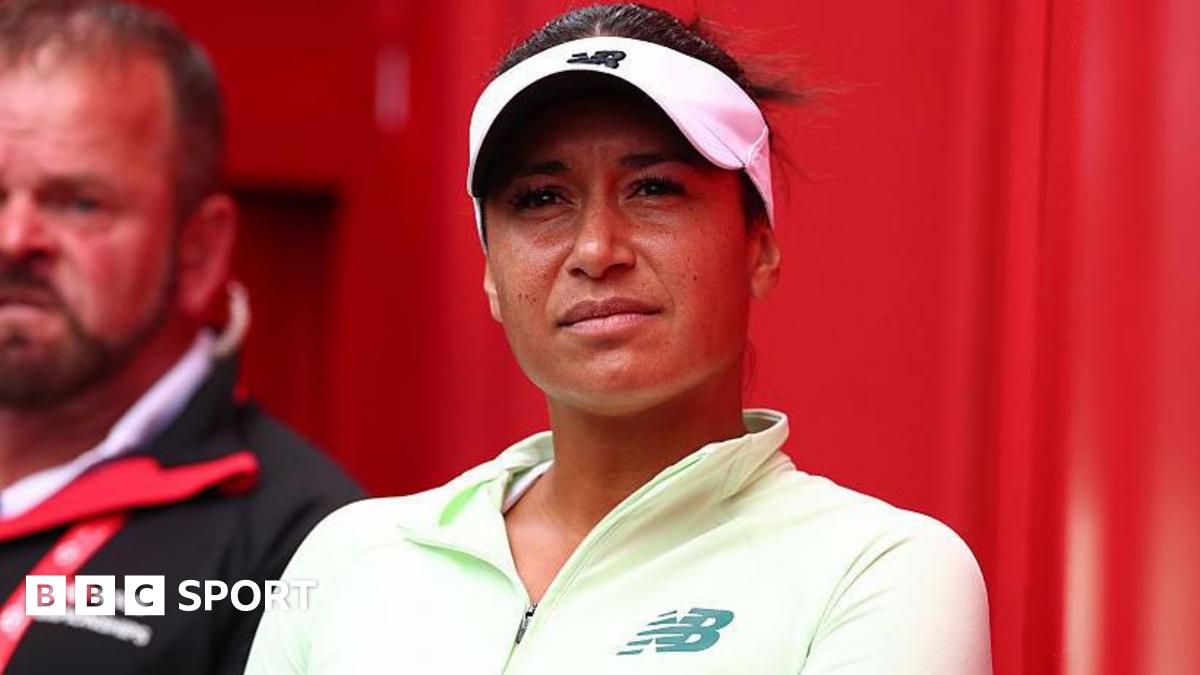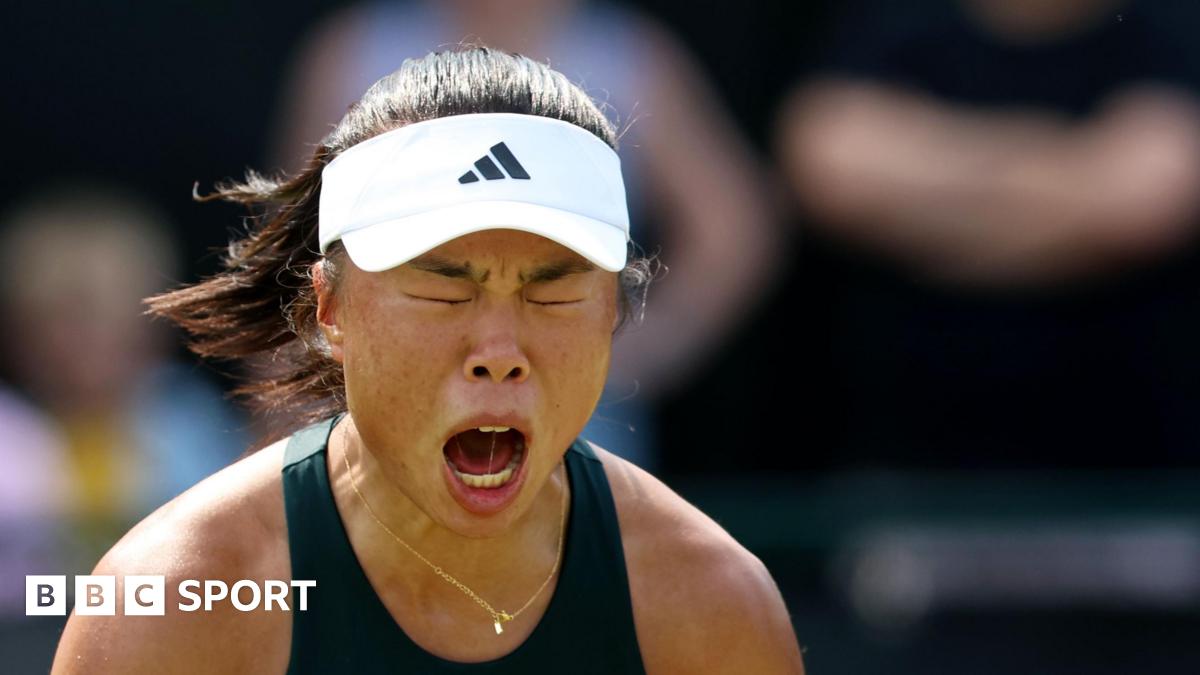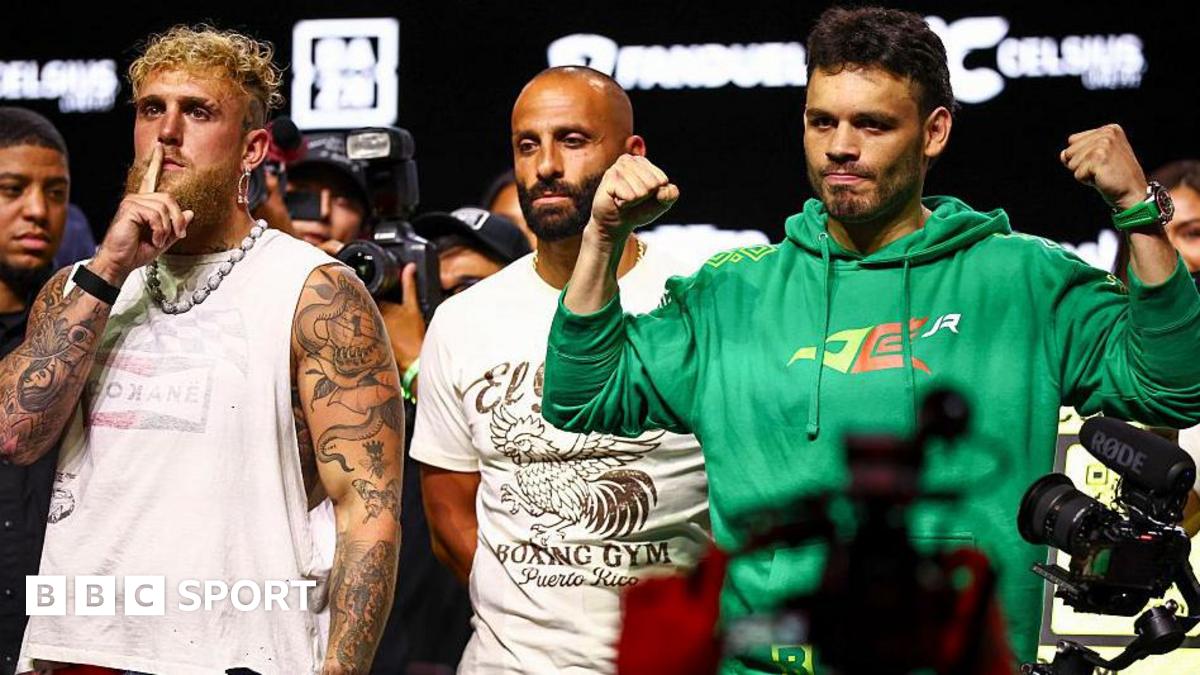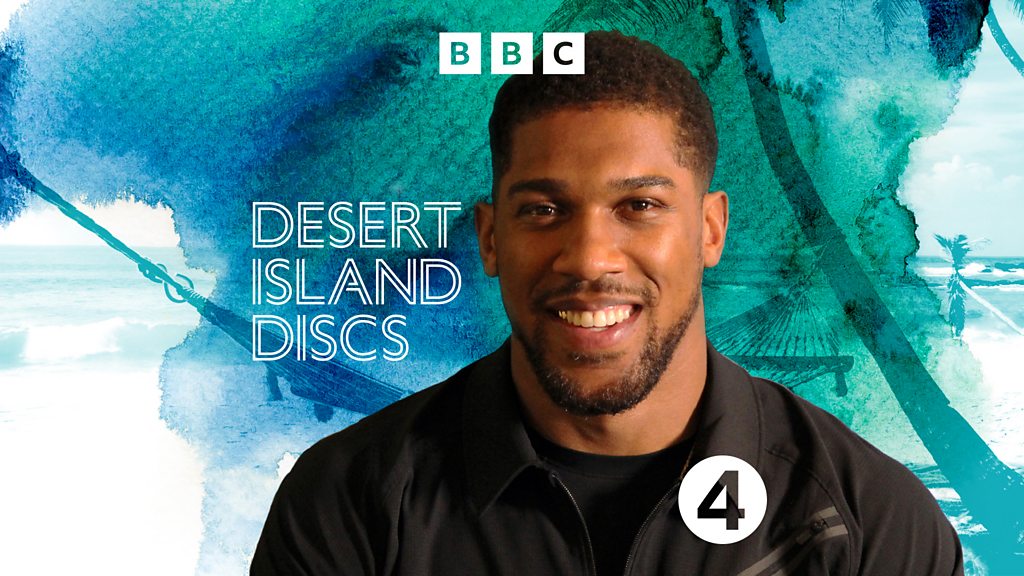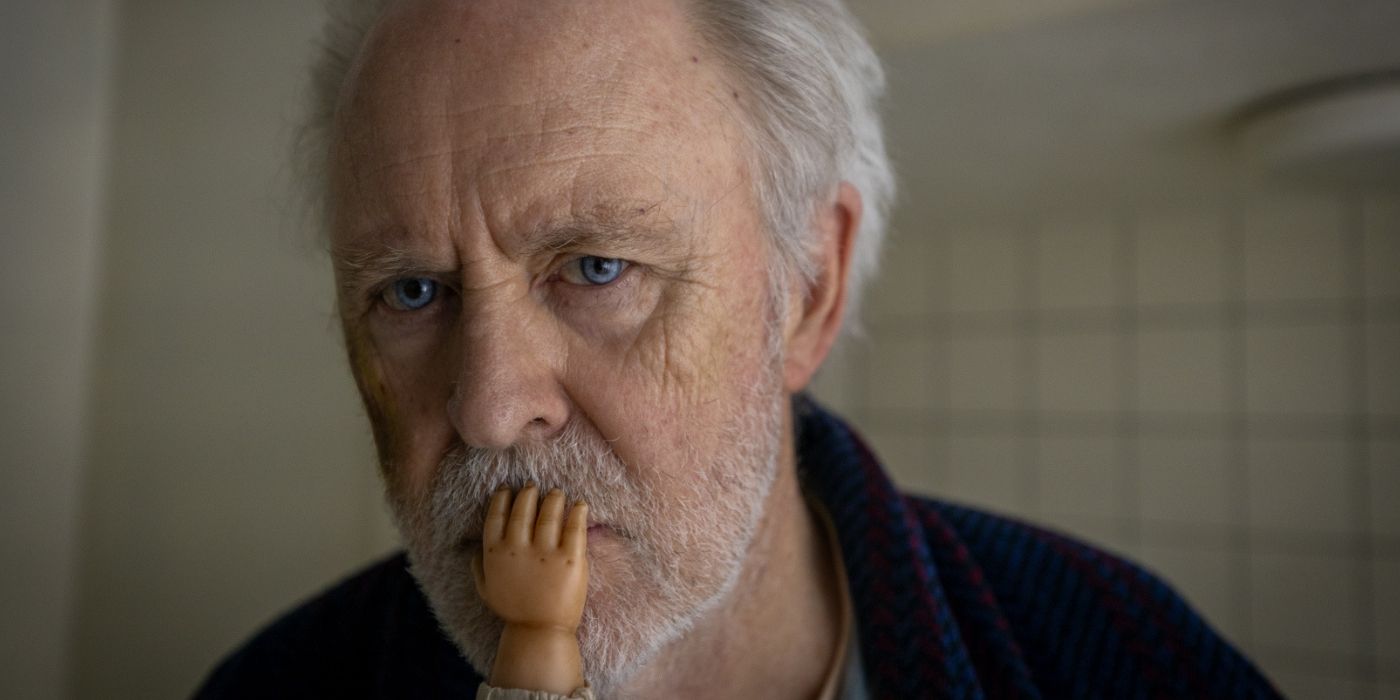Supreme Court backs Trump on birthright citizenship injunctions. Here’s what that means:
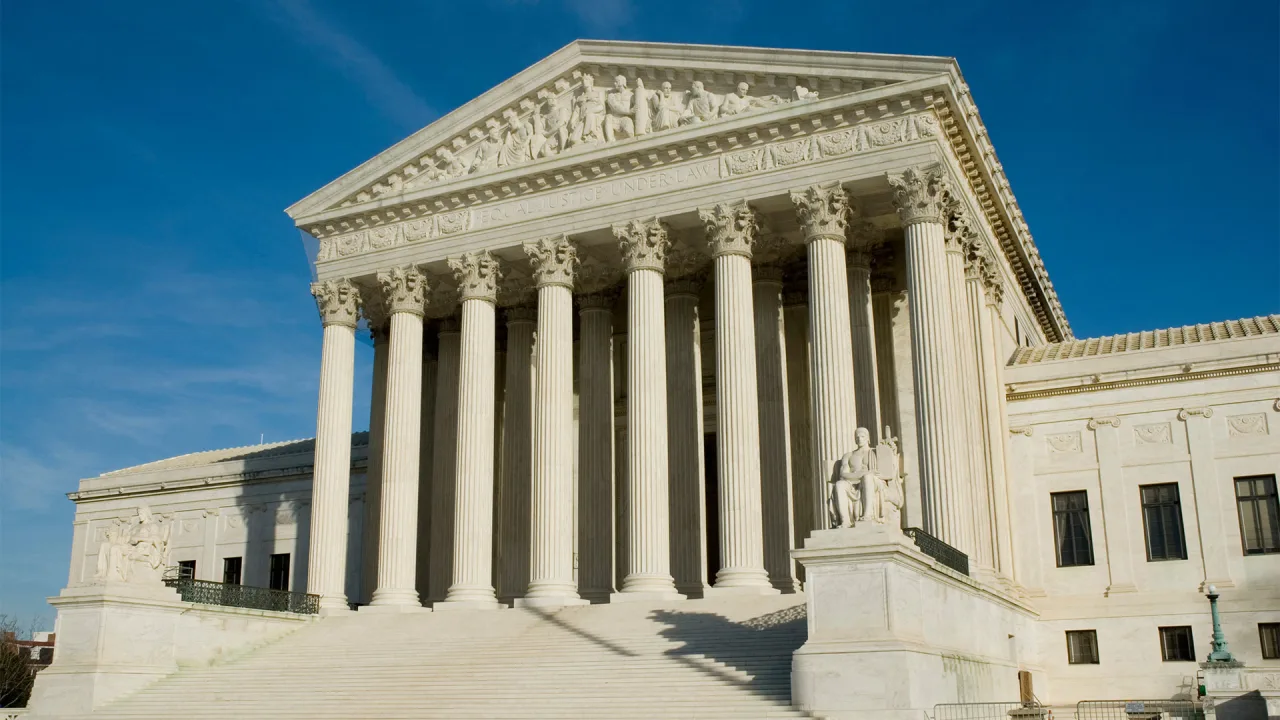
The Supreme Court ended its term on Friday with a major decision in the closely watched birthright citizenship case, that is likely to have a profound impact on whether the lower courts can pause or halt President Donald Trump’s executive orders—which many legal experts say constitute an overreach of presidential power.
What happened?
Ruling along ideological lines 6–3, the court’s conservative majority decided to curb injunctions from the lower courts that temporarily paused President Donald Trump’s plan to end automatic birthright citizenship via Executive Order 14160, which aims to deny citizenship to children born in the U.S. to parents who are in the country illegally, on temporary visas, or not “lawful permanent residents” at the time of the child’s birth.
However, that right is guaranteed by the 14th Amendment to the Constitution to “all persons born or naturalized in the United States, and subject to the jurisdiction thereof, are citizens of the United States and of the State wherein they reside.”
To be clear, the Supreme Court justices did not rule on the merits, or constitutionality, of ending birthright citizenship. The Trump administration didn’t ask the court to rule on the issue itself, and instead asked the high court to rule on whether federal judges have the power to issue injunctions that would block Trump’s order nationwide, while litigation continues. The Supreme Court ruled in Trump’s favor to narrow the scope of nationwide injunctions imposed by federal judges, effectively sending back the rulings to lower courts.
For the 28 states that have not challenged the birthright executive order in court, automatic citizenship could end for children born in the U.S. whose parents are undocumented immigrants, and some temporary residents and visitors, according to the New York Times. The court also stopped his executive order from taking effect for 30 days.
Friday’s ruling is a significant victory for Trump, and a major blow to his opponents who have been trying to limit his executive orders.
Trump calls ruling ‘monumental victory’
On Friday, speaking at the White House, Trump called the decision a “monumental victory for the Constitution, the separation of powers, and the rule of law.”
That’s the opposite of what Justice Sonia Sotomayor wrote in her dissent, joined by Justices Elena Kagan and Ketanji Brown Jackson, which argued “the Court’s decision is nothing less than an open invitation for the Government to bypass the Constitution. The rule of law is not a given in this Nation, nor any other. It is a precept of our democracy that will endure only if those brave enough in every branch fight for its survival. Today, the Court abdicates its vital role in that effort. With the stroke of a pen, the President has made a ‘solemn mockery’ of our Constitution.”
And added, “The gamesmanship in this request is apparent and the Government makes no attempt to hide it. Yet, shamefully, this Court plays along.”
In a separate dissent, Jackson called the majority decision an “existential threat to the rule of law.”
In response, Justice Amy Coney Barrett, who wrote the majority decision pushed back, and said “No one disputes that the Executive has a duty to follow the law. But the Judiciary does not have unbridled authority to enforce this obligation—in fact, sometimes the law prohibits the Judiciary from doing so.”
Trump first pledged to end birthright as early as 2015, and again in 2018, before issuing an executive order on the issue in January.
Trump has instituted a crackdown on immigration since taking office that has lead to some immigrants, green card holders, foreigners, and even American citizens being detained by the Department of Homeland Security’s Immigration and Customs Enforcement (ICE) agents.
What's Your Reaction?
 Like
0
Like
0
 Dislike
0
Dislike
0
 Love
0
Love
0
 Funny
0
Funny
0
 Angry
0
Angry
0
 Sad
0
Sad
0
 Wow
0
Wow
0







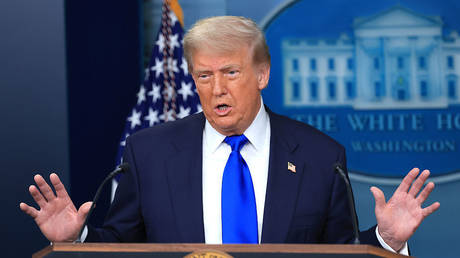





.jpg?width=1200&auto=webp&trim=0,0,0,0#)
